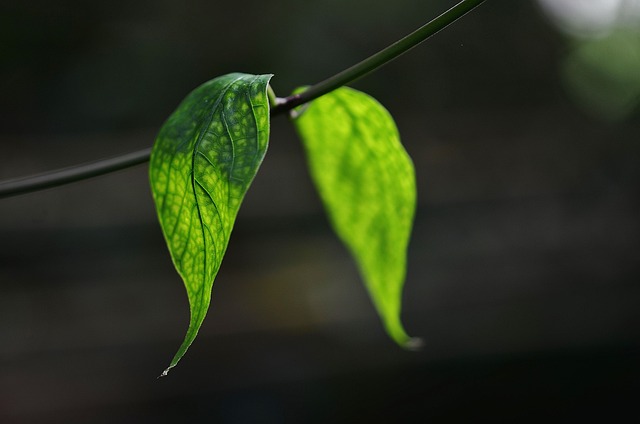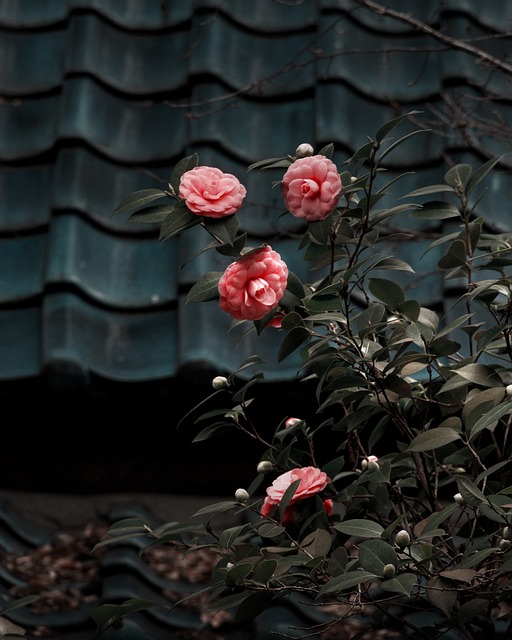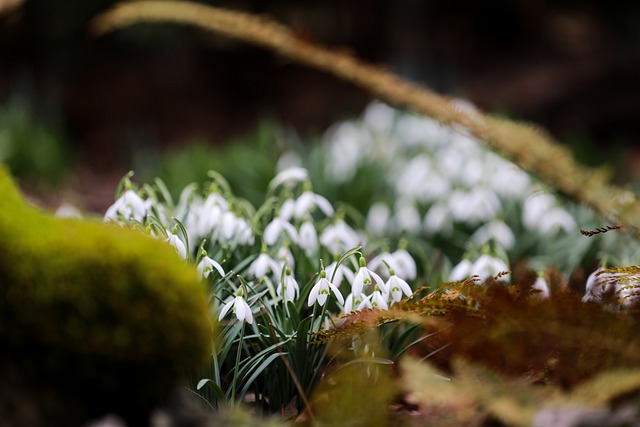Seasonal garden maintenance is vital for year-round plant health. Spring prepares gardens for summer with fertilization and pruning; summer focuses on water conservation; fall cleanup fortifies plants against winter; and winter protection includes mulching and strategic pest control. Tailored care at each season ensures robust, healthy plants.
In the realm of gardening, optimal plant health and vibrant blooms depend on tailored care throughout the seasons. This comprehensive guide navigates the intricate dance of seasonal garden maintenance, focusing on spring garden preparation, summer watering efficiency, strategic fall cleanup, and protective winter measures. Discover expert tips on fertilizing schedules by season, mulching techniques for seasonal changes, pruning for optimal growth, and effective pest control tailored to each stage. Embrace these practices for a flourishing, resilient garden year-round.
- Spring Garden Preparation: Planting and Fertilizing for Optimal Growth
- Summer Watering Tips: Balancing Health with Efficient Use
- Fall Cleanup Strategies: Preparing Your Garden for Winter
- Winter Garden Protection and Mulching: Preserving Life Through the Cold Season
Spring Garden Preparation: Planting and Fertilizing for Optimal Growth

Spring marks a pivotal time for gardeners, signaling the awakening of your garden from its winter slumber. It’s the perfect season to prepare beds, plant new varieties, and ensure optimal growth conditions. Seasonal garden maintenance plays a crucial role in achieving robust and healthy plants throughout the year.
To kickstart your spring garden preparation, focus on fertilizing according to your plants’ specific needs. Many gardeners opt for organic methods like composting, which enriches the soil with essential nutrients. As temperatures rise, so does the need for regular watering, especially for newly planted seeds and seedlings. Additionally, pruning seasonal plants encourages growth and helps maintain their shape. Don’t forget to implement fall cleanup strategies early in the spring to prevent pest issues later. Mulching is another effective technique to consider; it regulates moisture levels and protects roots from extreme temperatures, making it a valuable tool for both summer watering tips and winter garden protection.
Summer Watering Tips: Balancing Health with Efficient Use

As the seasons change, so do the needs of your garden. Spring garden preparation involves setting the stage for a thriving summer, while fall cleanup strategies lay the foundation for a resilient winter. Summer watering tips are crucial to maintaining plant health while conserving water efficiently. Overwatering can lead to root rot and other diseases during hotter months, so adjust your irrigation based on seasonal fluctuations in temperature and rainfall. Regular pruning of seasonal plants not only promotes new growth but also helps control pest populations by removing potential breeding grounds.
Fertilizing schedules by season are another vital aspect of seasonal garden maintenance. In spring, a balanced fertilizer can help plants establish themselves after winter dormancy. During summer, slow-release fertilizers provide sustained nutrients without overwhelming plants. In fall, focus on organic matter like compost to enrich the soil and prepare for the next growing season. Mulching for seasonal changes is also beneficial; it conserves moisture, regulates soil temperature, and suppresses weeds, ensuring your garden stays healthy year-round. Remember, seasonal pest control requires a proactive approach. Monitor plants regularly for signs of infestation and employ eco-friendly methods to manage pests naturally whenever possible.
Fall Cleanup Strategies: Preparing Your Garden for Winter

As the seasons change, so should your garden care routine. Fall cleanup strategies are essential to preparing your garden for winter and ensuring a healthy spring garden. Begin by pruning seasonal plants, removing any dead or damaged foliage to prevent pest attraction and disease spread. This is also an ideal time to fertilize based on seasonal needs, focusing on nitrogen-rich fertilizers in late summer/early fall to promote robust growth before winter dormancy.
Don’t forget the importance of mulching for seasonal changes. A layer of organic mulch not only retains soil moisture during cooler months but also suppresses weeds and protects roots from extreme temperatures. Additionally, consider summer watering tips when planning for fall: reduce frequency but ensure deep watering to encourage deeper root growth, making plants more resilient come spring. Implement seasonal pest control measures now to prevent infestations that could damage plants over winter.
Winter Garden Protection and Mulching: Preserving Life Through the Cold Season

As the seasons change, so do the needs of your garden. Winter presents a unique challenge that requires specific strategies to protect and preserve your plants’ health. One effective method is applying proper winter garden protection through mulching. Mulch acts as an insulator, shielding roots from extreme cold temperatures. It also helps to retain soil moisture, which is crucial during periods of reduced water availability.
In preparation for spring, this protective layer ensures that once the frosty season ends, your plants are ready to flourish. Additionally, pruning seasonal plants and fertilizing according to schedules tailored to each season promotes robust growth. For instance, fall cleanup strategies involve removing dead plant matter while incorporating organic compost to build soil fertility. This sets the stage for a thriving garden throughout the warmer months, where summer watering tips focus on deep watering less frequently to encourage deep root development. Seasonal pest control measures should also be implemented to mitigate potential issues, ensuring your garden’s longevity and beauty across all seasons.
By adopting a seasonal approach to gardening, from spring planting and fertilization to summer watering efficiency, fall cleanup, and winter protection, you can ensure your garden thrives year-round. Each season brings unique challenges and opportunities, so staying informed about the best practices in seasonal garden maintenance is key. From pruning seasonal plants to employing effective pest control methods tailored to each phase, these strategies will help create a vibrant, healthy, and low-maintenance outdoor space. Incorporating composting and mulching techniques further enhances soil health and reduces waste, contributing to both environmental sustainability and your garden’s longevity.
